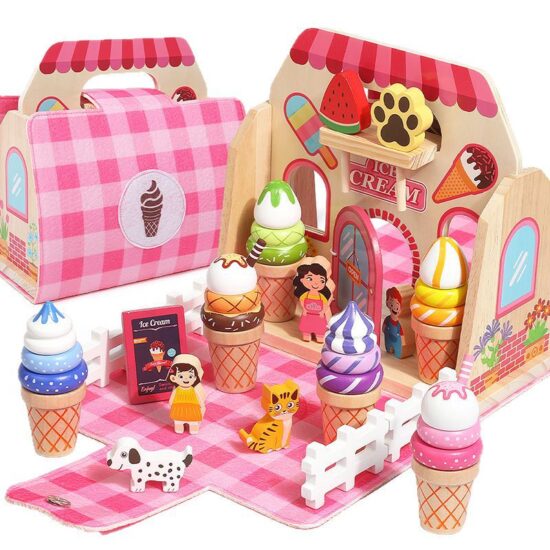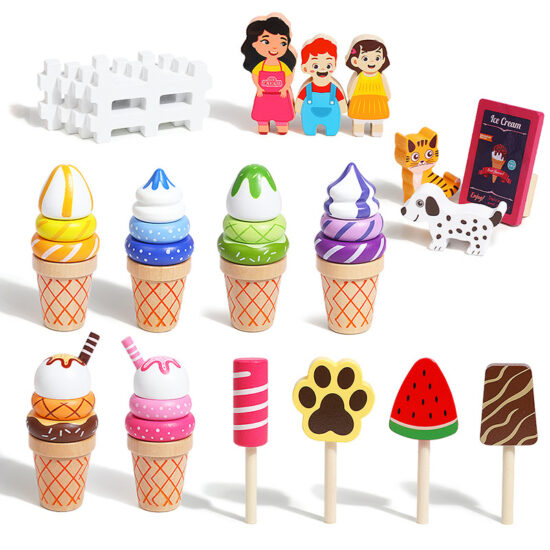jay@nbdho.com
Why Sustainability Is a Competitive Edge for Modern Toy Brands
In today’s increasingly conscious consumer landscape, sustainability has emerged as a powerful competitive advantage for toy brands. No longer a secondary concern, environmental and social responsibility now directly influence purchasing decisions, brand loyalty, and long-term business growth.
Modern parents are more aware of the environmental impact of the products they buy for their children. They seek toys made from non-toxic, recyclable, or biodegradable materials, and are drawn to brands that demonstrate a genuine commitment to sustainability. By aligning with these values, toy companies can build deeper emotional connections with their customers and differentiate themselves in a crowded market.
Incorporating sustainable practices also helps reduce operational costs. By minimizing waste, improving energy efficiency, and streamlining packaging, brands can lower their production expenses while also reducing their environmental footprint. Recyclable packaging, for example, not only appeals to eco-conscious consumers but also saves on material costs and shipping weight.
Compliance with environmental regulations is another growing concern, particularly as governments around the world tighten policies on plastic use, emissions, and product safety. Brands that proactively adopt sustainable standards are better positioned to meet evolving regulations and avoid costly penalties or recalls. This preparedness enhances brand credibility and makes expansion into international markets smoother and more efficient.
Sustainability also drives innovation. Developing eco-friendly materials, creating modular or upcyclable toys, and investing in closed-loop systems push brands to think creatively. These innovations often lead to more durable, educational, and multifunctional toys—qualities that modern consumers value and are willing to pay a premium for.
Furthermore, investors are increasingly favoring companies with strong Environmental, Social, and Governance (ESG) performance. Toy brands that prioritize sustainability are more likely to attract investment, talent, and media attention—all of which contribute to long-term competitiveness and resilience.
Ultimately, sustainability is more than just a trend—it’s a strategic advantage. By embedding it into their brand DNA, toy companies can future-proof their business, meet customer expectations, and play a leading role in shaping a healthier planet for the next generation.





